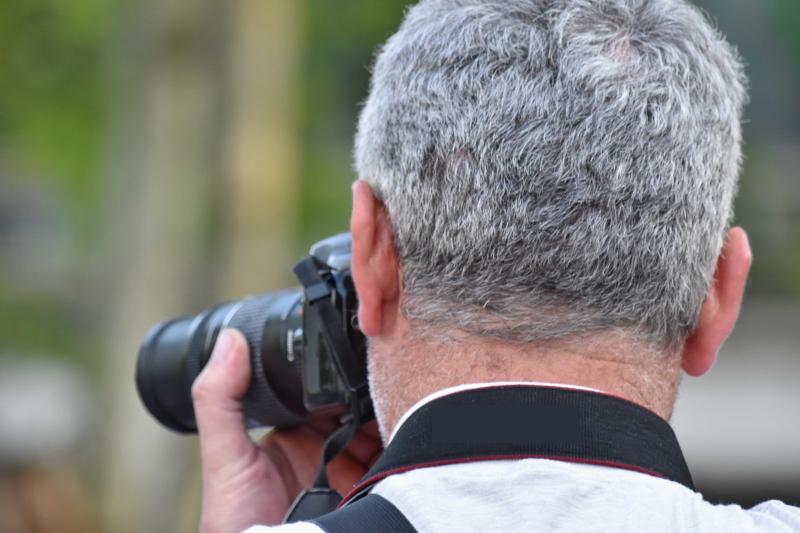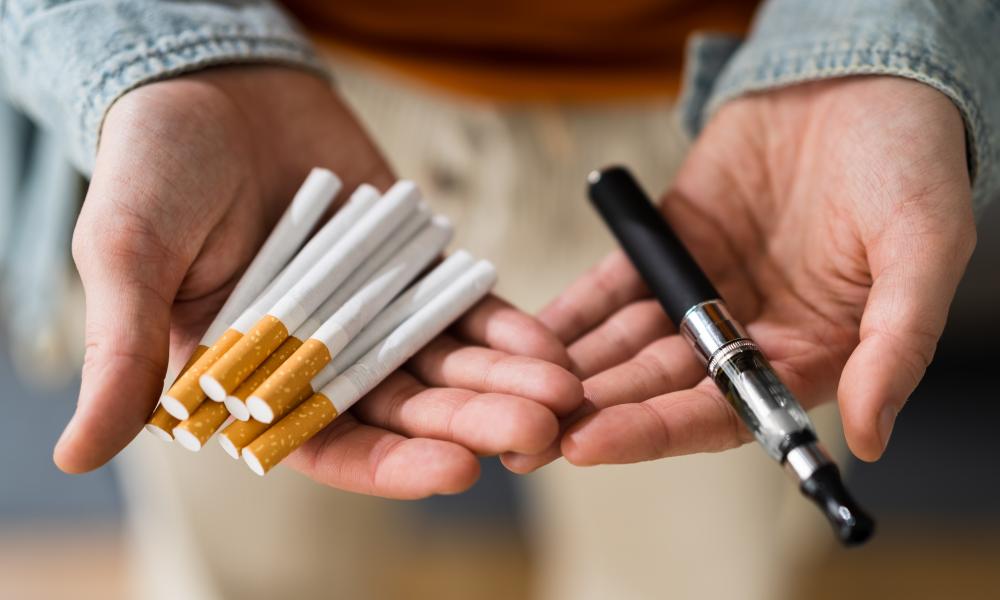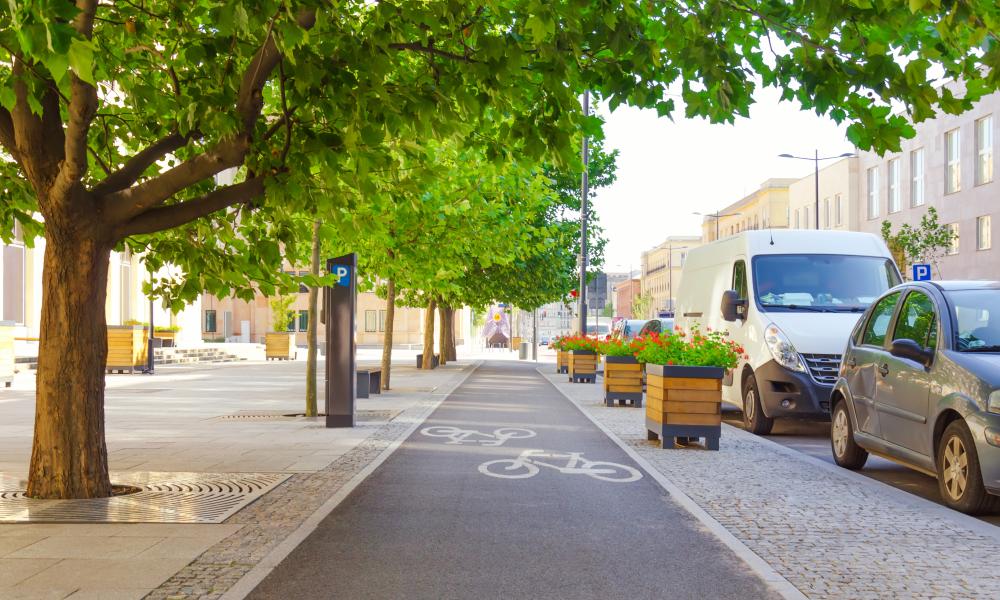
The Institute of Public Health (IPH) is launching a new ‘How We Age’ photography competition to capture the lived experiences of older people in Ireland and Northern Ireland today.
Supported by the Irish Photographic Federation (IPF) and Northern Ireland Photographic Association (NIPA), the ‘How we age – Staying Active, Staying Social, Staying Connected’ photography competition is all about changing and challenging how ageing and older people are often portrayed.
Thanks to great strides in public health over the past century, many more of us are now living longer and healthier lives than ever before but the real lived experiences of older people – our parents, relatives, neighbours, friends, and work colleagues – is not always reflected in images we see in our everyday lives.
All too often older people are portrayed as either frail, fragile, lonely or depressed or at the other extreme, skydiving, wing walking or running marathons. This competition, however, hopes to change that stereotype by seeking a balance of more everyday pictures of what it means to age or get older today.
The ‘How we age – Staying Active, Staying Social, Staying Connected’ competition is seeking to create a series of images showing older people enjoying life and doing everyday activities, while also reflecting the positive and negative aspects of ageing.
The Institute is looking for images that portray older people in an authentic and inclusive way – regardless of gender, sexual orientation, race, ethnicity, religion, politics, culture, ability, income, or post code.
From the entries received, IPH intends to create a gallery of stock images for use in its ongoing work to promote healthy ageing and broader public health themes, which can also be made available to stakeholder organisations and others as a free-to-access image resource.
The competition is free to enter, open to residents of Ireland and Northern Ireland over the age of 18, and is open for entries between 8 April 2022 to 30 June 2022.
Entrants can submit up to a maximum of three photos and all entries must be submitted via the online entry form on the IPH website, which can be accessed at www.publichealth.ie/photo. Acceptance of terms and conditions is a condition of entry.
Prizes include gift vouchers for photography equipment to the value of €/£500 for first prize, €/£300 for second prize, and €/£100 for third prize, depending on where the winning entrants reside.
Details of the winners will be announced in the last week of July and published on the IPH website.
Later in the year, the Institute intends to launch the ‘How We Age’ gallery of selected images to mark International Day of Older Persons on 1 October.
Commenting on the competition launch IPH Director of Ageing Development and Research Roger O’Sullivan said: “The process of ageing has been significantly redefined in recent decades, with more and more people living longer and healthier lives, but that is not always reflected in how older people are often portrayed in our communities”.
“We are really excited to see how the theme of ‘How We Age’ – Staying Active, Staying Social, Staying Connected’ is interpreted and captured by photographers of all ages across Ireland and Northern Ireland. Ultimately, we intend to create a gallery of photos that will better represent and more accurately reflect the diverse experiences of what it means to age today,” Professor O’Sullivan added.
To find out more and to enter the ‘How We Age’ photography competition please visit www.publichealth.ie/photo where terms and conditions, submission guidelines, and relevant consent forms are also available.
If you have any queries about this competition please email communications@publichealth.ie.
Submission Guidelines
About the competition
The overall theme ‘How we age – Staying Active, Staying Social, and Staying Connected’ aims to encourage photographers to think about their own and society’s perceptions of ageing.
Photographers can consider how older people are currently portrayed versus the lived reality of our parents, relatives, neighbours, friends, and work colleagues.
Under the headings of staying active, staying social, and staying connected, photographers can capture a range of everyday activities that reflect the real lives of older people today.
Photographs could be of an older individual, couple, or group doing ordinary everyday things, indoors or outdoors.
Images could reflect older people engaging in physically activity, maintaining social connections with family, friends and the wider community, or finding new ways to interact through new technologies, such as smartphones and computer tablets.
To help guide photographers on the types of images that could fall under the theme, consider the following examples.
- Everyday activities – eg cooking and household chores
- Working life – eg working in different roles / settings
- Intergenerational – eg grandparent with child/teen, playing with grandchildren, outdoors with family
- Setting – eg in their own homes, communities or in recognisable places in Ireland or Northern Ireland
- Diversity – eg showing older people with disabilities or older same sex couples
- Group activities – eg playing cards or bingo, choir, or other group activities
- Social life – eg enjoying a coffee / meal with friends, other social activities
- Exercise – eg walking, running, exercise class, swimming or team sports such as tennis, basketball, hiking, cycling
- Being active – eg other activities, such as, dog walking, gardening, shopping
- Creative – eg engaging with the arts, painting, dancing, film, cinema, theatre, singing
- Travel – eg driving, on a bus, train, plane etc
- Technology – eg using digital technology and services to access health services or online learning
- Community – eg involved in community projects or volunteering or supporting local services
- Knowledge – eg teaching a skill or coaching others in sports or other activity
Things to consider before entering
• Be Real – Consider the older people in your family, community, work and wider networks and how they live their day to day lives. We are looking for realistic portraits and images of older people being active, social and connected.
• Have Respect – Older people contribute to society in a variety of ways, so images should depict them as valuable, important members of society.
• Capture Diversity – Older people are not a homogenous group and we welcome images capturing a diversity of gender, race and ethnicity, disability, sexual orientation, etc.


